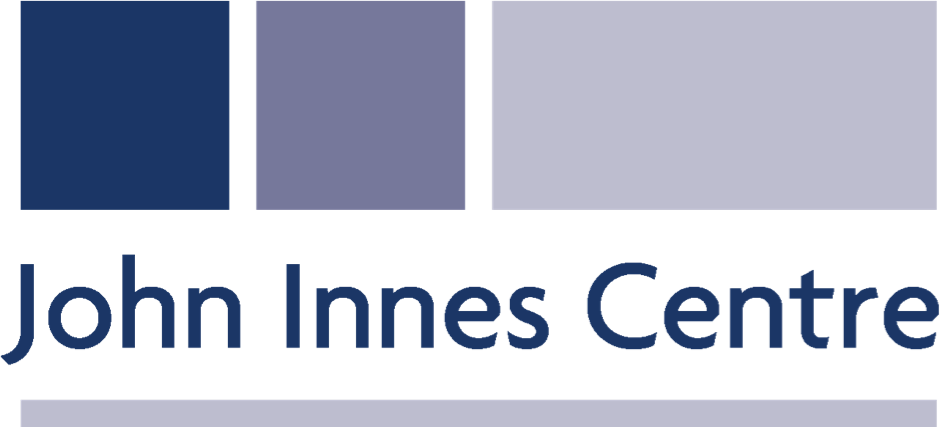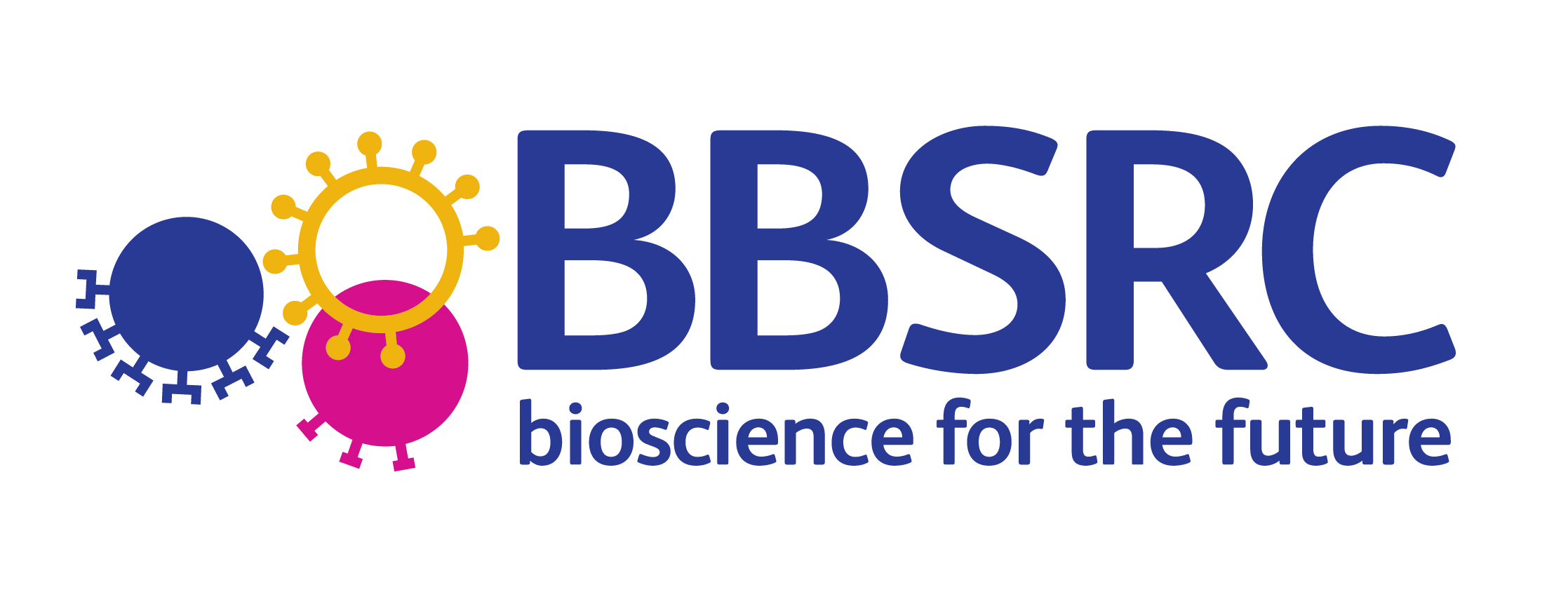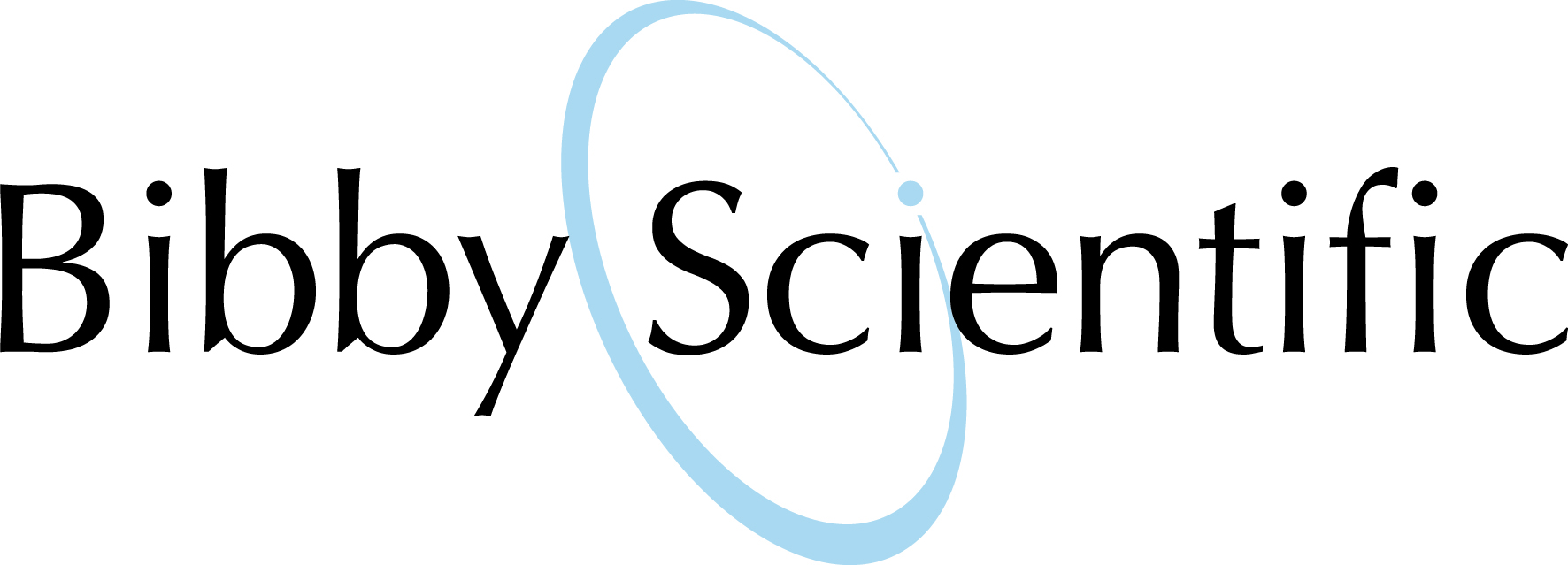Difference between revisions of "Team:Cambridge-JIC/Downloads"
KaterinaMN (Talk | contribs) |
|||
| Line 57: | Line 57: | ||
<p><b>Bill of Materials</b></p> | <p><b>Bill of Materials</b></p> | ||
<p>A full Bill of Materials, including cost and source, is available for download here:</p> | <p>A full Bill of Materials, including cost and source, is available for download here:</p> | ||
| − | <center><a class="btn btn-default" href=" | + | <center><a class="btn btn-default" href="https://static.igem.org/mediawiki/2015/d/d0/CamJIC-OpenScope-BOM.pdf" role="button" style="color:#444;border-color:#fff">download pdf</a></center> |
<p><b>Power Consumption Analysis</b></p> | <p><b>Power Consumption Analysis</b></p> | ||
<p>Calculating the battery life of our microscope required analysis of its power consumption. The details of this analysis are given below.</p> | <p>Calculating the battery life of our microscope required analysis of its power consumption. The details of this analysis are given below.</p> | ||
Revision as of 01:32, 19 September 2015
Downloads
Every single file you can get from our Wiki. All in one place.
OpenScope
We are dedicated to making the OpenScope easy to assemble and use, even for the inexperienced user. We have put together a detailed instruction and compressed all 3d-printable designs into a single archive. For more help and troubleshooting - visit our Make Your Own page. There you can also find some helpful (and entertaining) videos. With these resources available, everyone will be able to build and use the OpenScope. In fact, we think putting together the OpenScope is a great engineering experience for beginners.

Learning Resources
Licensing Guide
As part of our Human Practices, "Open-Source Hardware: An iGEM Guide" is available as a starting point for future teams on the Hardware Track:
Microscopy Workshop
As part of our Outreach, we organised a microscopy workshop. The teaching resources used are available here:
Programming the Arduino Guide
Want to learn to program Arduinos? As part of our outreach workshop, we introduced school students to the basics. The resources we made can be useful to anyone:
Filter Choice Modeling
Thinking of imaging a fluorescent protein? Download our Python script that helps you choose the most appropriate filters and mirrors for your microscope. For more info, visit the Modeling page.
Technical Specifications
Stage Drift Characterisation
Stage drift can affect time-lapse imaging. We analysed the drift of our microscope to asses its significance.
Resolution Assessment
Detailed information on the calculations required to determine OpenScope's resolution and to design the optics housing can be found here:
Translation Precision
Information on how the resolution of the translation stage was determined is provided here:
Bill of Materials
A full Bill of Materials, including cost and source, is available for download here:
Power Consumption Analysis
Calculating the battery life of our microscope required analysis of its power consumption. The details of this analysis are given below.
Strength and Flexibility Testing
Three-point being tests were carried out to characterise the material properties of PLA. Information on the results is available below. In short: OpenScope is stronger than you would expect.
Software
Github Repository
The full contents of our Github repository are available here:
OpenScope Image
The NOOBSCOPE SD card image is available here. This gives you everything we've developed for OpenScope. Just a few steps:
Format your SD card as FAT32 (Windows and Mac users may download the SD Formatter software here; just install, run, and select your SD card in the menu provided).
Unzip the NOOBSCOPE.zip file and drop all the contents of the NOOBSCOPE directory directly into the SD card.
Put the SD card into your Raspberry Pi, turn it on, select NOOBSCOPE, and click install!
Now that you have installed the image, you will notice (if you have plugged in the wifi adapter we recommend) a wifi network named OPENSCOPE. Connect to this (password is PASSWORD) and point your browser to https://192.168.0.1:9000/ to start using OpenScope. The default OpenScope login is:
Username: admin
Password: testNote: These are different from the username and password on the Pi's OS itself, see below how to change.
To secure the Raspberry Pi:
Get PuTTY on Windows and after connecting to the OPENSCOPE network, open PuTTY, set the host to 192.168.0.1 and connect.
Username: pi
Password: raspberryNote: You will not see your password when you type it - this is normal and is intended to hide it.
If on Linux/Mac OSX, no need to install anything. Connect to the OPENSCOPE network and open Terminal and run the command:
ssh pi@192.168.0.1
Enter the password (raspberry) and press enter. You will not be able to see anything as you type your password - this is normal for security.
To change the default password, type in:
passwdand press enter. You will be prompted about entering your new password.
To update the OpenScope software to the latest and greatest version, connect an ethernet cable to the Pi and connect it to a router. Then, after opening an ssh connection as above, instead of running passwd, run:
cd ~/igem15-sw/; git pull
This will pull the latest code and done!
For more detailed instructions, follow those of the official Raspberry Pi foundation here, substituting Raspbian for NOOBSCOPE where appropriate.
Instructions to get started are available in the README file in our Github Repository (see above), or on the Make Your Own page.
ImageJ Plug-In
OpenScope wouldn't be complete without a plug-in to your favourite microscopy software software. Download it here:

Open Scope Documentation by Simon Swan, Katerina Naydenova, Richard Bowman is licensed under a Creative Commons Attribution-ShareAlike 4.0 International License. Please note that all contributions to 2015.igem.org are considered to be released under the Creative Commons Attribution.
ABOUT US
We are a team of Cambridge undergraduates, competing in the Hardware track in iGEM 2015.
read moreLOCATION
Department of Plant Sciences,
University of Cambridge
Downing Street
CB2 3EA
CONTACT US
Email: igemcambridge2015@gmail.com
Tel: +447721944314









